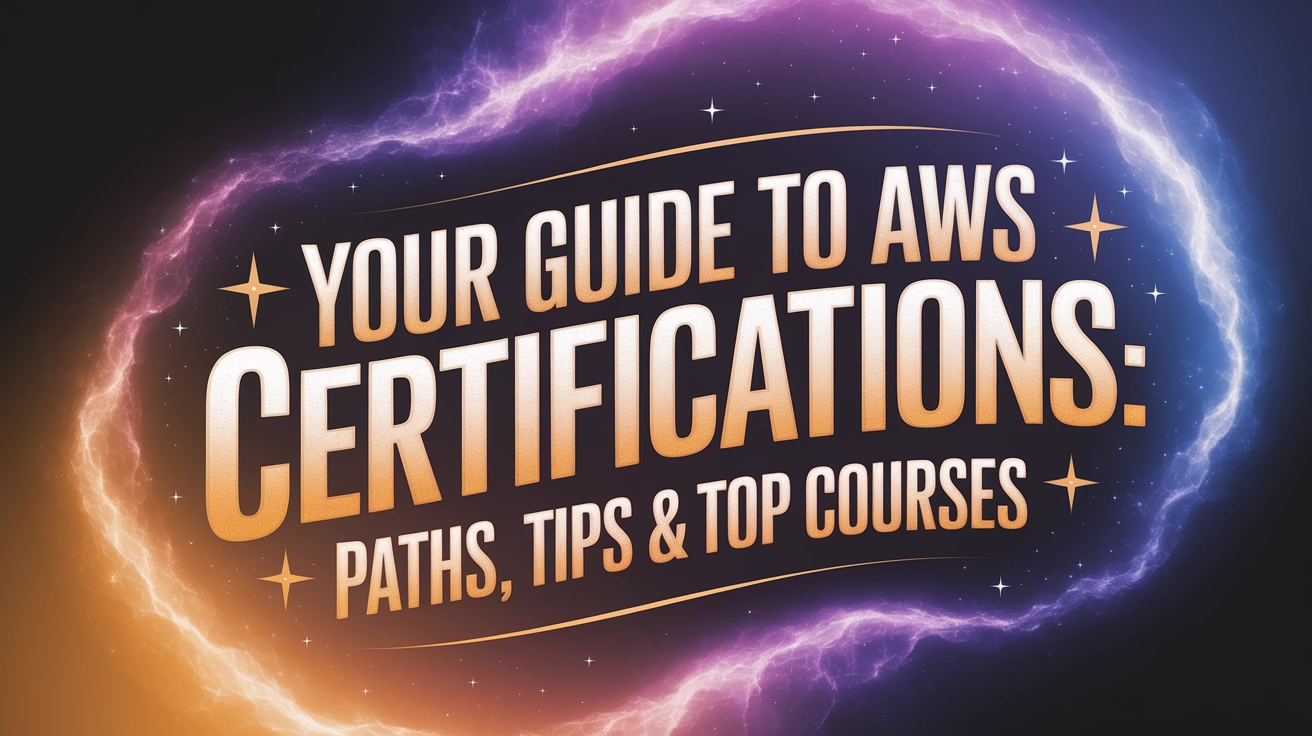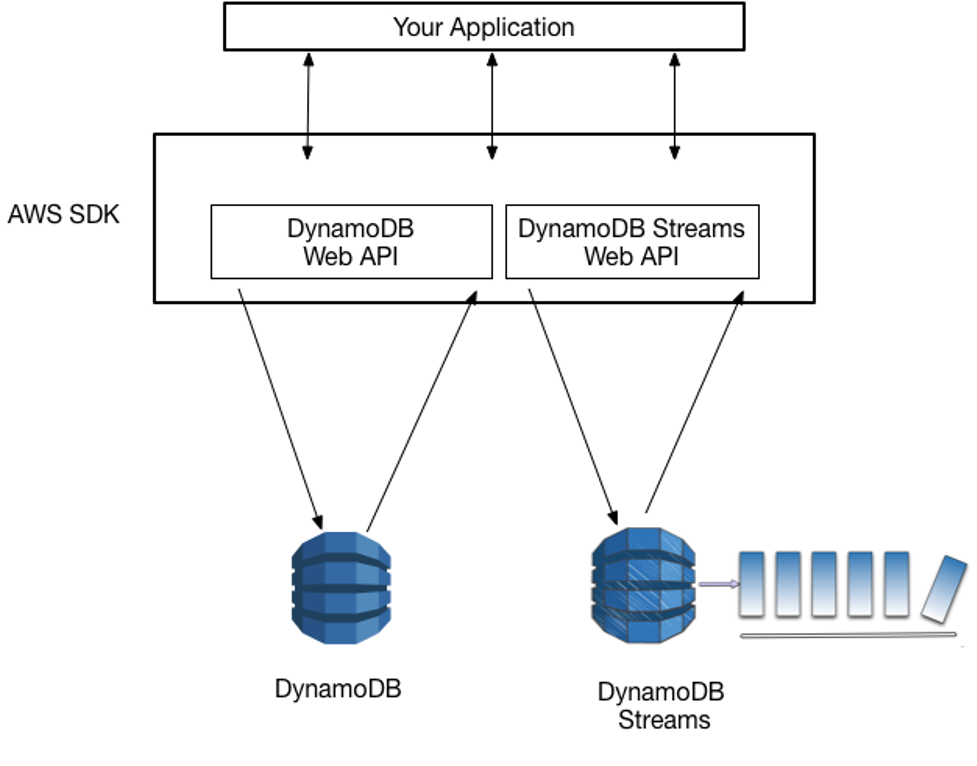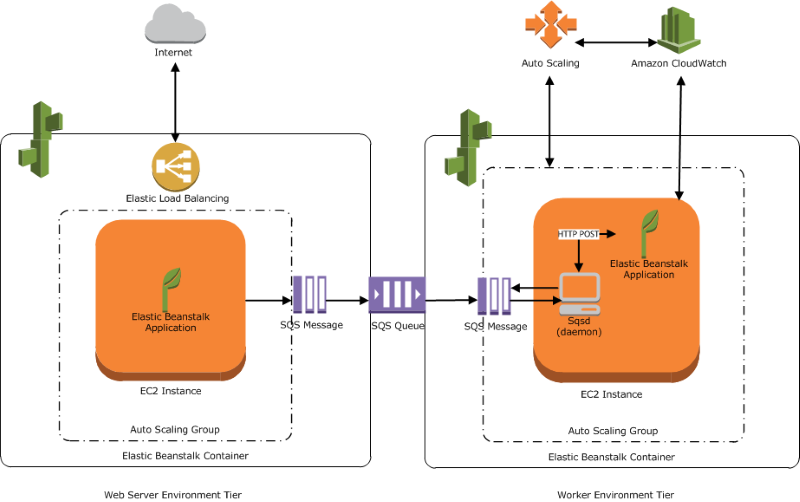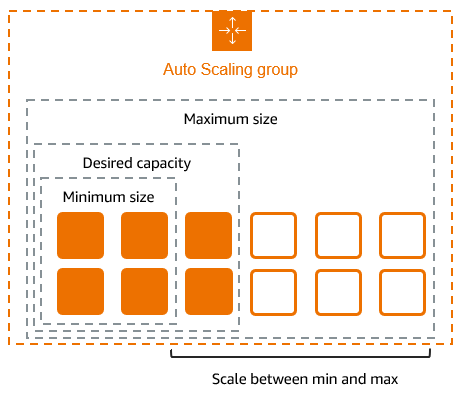Why AWS Certifications Matter in 2025
Hey there, cloud enthusiasts! Amartya here. If you've been following my tech journey, you know I'm all about sharing the real deal when it comes to breaking into tech. And let me tell you—AWS certifications continue to be one of the smartest career moves you can make.
With AWS holding around 32% of the cloud market in 2025, these certs aren't just fancy badges for your LinkedIn. They're literal career accelerators. Companies are desperate for AWS talent, and having these certifications can boost your salary by 25-30% compared to non-certified peers.
But which certification should you pursue? How should you prepare? And most importantly, how do you avoid wasting time on ineffective study methods? Let's break it all down.
The AWS Certification Landscape
AWS offers certifications across multiple levels and specializations. Here's how they stack up:
Foundational Level
- AWS Cloud Practitioner – Perfect for beginners or non-technical roles that need to understand AWS
Associate Level
- Solutions Architect Associate – For designing available, cost-efficient, and scalable systems
- Developer Associate – For developing and maintaining AWS-based applications
- SysOps Administrator Associate – For managing operations on AWS platforms
Professional Level
- Solutions Architect Professional – Advanced design patterns and architectural best practices
- DevOps Engineer Professional – Implementing and managing continuous delivery systems
Specialty Certifications
- Security Specialty – Deep focus on securing the AWS platform
- Advanced Networking Specialty – Complex networking and hybrid connectivity solutions
- Data Analytics Specialty – Data collection, storage, and analysis on AWS
- Machine Learning Specialty – Building and deploying ML solutions

Choosing Your AWS Certification Path
The best certification depends on your experience level and career goals. Here's how I recommend approaching it:
For Absolute Beginners
Start with the Cloud Practitioner certification. It provides a solid foundation and helps you understand if you want to go deeper into AWS.
For Those with Some Technical Background
Jump straight to one of the Associate-level certifications based on your interests:
- If you enjoy designing systems: Solutions Architect Associate
- If you love coding: Developer Associate
- If you're into operations: SysOps Administrator Associate
The Solutions Architect Associate is the most popular starting point, as it gives you a broad understanding of AWS services.
For Experienced AWS Professionals
After mastering the associate level, move on to Professional and Specialty certifications that align with your career path.
In-Depth Look at Key AWS Certifications
AWS Solutions Architect Associate & Professional
The Solutions Architect pathway remains the most popular and versatile option. The Associate level teaches you the fundamentals of building on AWS, while the Professional level dives deep into complex, multi-service architectures.
For a comprehensive preparation resource, Adrian Cantrill's Solutions Architect Professional course covers everything from foundational concepts to advanced techniques. His teaching style emphasizes real-world applications rather than just memorizing facts for the exam.
AWS Developer Associate
This certification is perfect for developers looking to leverage AWS services in their applications. It covers topics like:
- Using AWS SDKs and CLI
- Working with serverless architectures (Lambda, API Gateway)
- Implementing CI/CD pipelines
- Managing containers with ECS and EKS
Adrian Cantrill's Developer Associate course is particularly good for hands-on learners who want to build actual working solutions rather than just theoretical knowledge.
AWS SysOps Administrator Associate
This certification focuses on operations in AWS, including:
- Deploying, managing, and operating workloads
- Implementing security controls and compliance requirements
- Monitoring and metrics
- Moving on-premises workloads to AWS
For thorough preparation, Cantrill's SysOps Administrator course walks through real-world scenarios that operations teams face daily.
AWS DevOps Engineer Professional
For those looking to master the implementation of CI/CD systems on AWS, this certification is invaluable. It covers:
- Infrastructure as code with CloudFormation
- Containerization strategies
- Deployment automation
- Monitoring and logging
Adrian's DevOps Engineer Professional course is comprehensive and particularly strong on practical implementations.

Specialty Certifications
As cloud roles become more specialized, these certifications help you stand out in particular domains:
Security Specialty
With cybersecurity concerns at an all-time high, this certification validates your ability to secure AWS workloads. Adrian's Security Specialty course covers everything from identity management to data protection.
Advanced Networking Specialty
For network engineers moving to the cloud, this certification covers complex networking concepts including VPCs, hybrid connectivity, and network security. Cantrill's Advanced Networking course is particularly strong for those with traditional networking backgrounds.
Strategic Certification Bundles
If you're looking to specialize in a particular domain, consider these strategic combinations:
For Network Architects
The AWS Network Architect Bundle combines courses to give you comprehensive networking knowledge across AWS services.
For Security Professionals
The AWS Security Architect Bundle focuses on building secure AWS environments from the ground up.
For Network Security Specialists
The AWS Network Security Architect Bundle combines networking and security for those focused on this critical intersection.
For Those Who Want It All
If you're aiming to master the entire AWS ecosystem, the All-The-Things-Plus Bundle covers every certification with lifetime updates – perfect for serious cloud professionals.
Pro Tips for AWS Certification Success
After helping hundreds of people through these certifications, here are my top tips:
1. Build While You Learn
Don't just watch videos. Actually build things in AWS. The hands-on experience makes concepts stick and prepares you for real-world scenarios.
2. Use the Free Tier Wisely
AWS offers a free tier that lets you practice most services. Set up billing alarms to avoid surprises, but don't be afraid to experiment.
3. Focus on Understanding, Not Memorization
AWS exams test your understanding of when and why to use services, not just what they are. Focus on the problems each service solves.
4. Take Strategic Practice Exams
Don't take practice exams until you've completed your studying. They're most valuable for identifying knowledge gaps right before the real exam.
5. Join AWS Communities
The r/AWSCertifications subreddit and various Discord servers are goldmines of advice and motivation from others on the same journey.

My Personal Experience
When I started my AWS journey, I was overwhelmed by the sheer number of services. What worked for me was focusing on one certification at a time and really understanding the core services before expanding outward.
The resources from Adrian Cantrill were game-changers for me because they emphasized understanding the "why" behind AWS services rather than just memorizing facts for the exam. This approach not only helped me pass certifications but actually made me effective at building real solutions.
Final Thoughts
AWS certifications remain one of the highest-ROI investments you can make in your tech career. They open doors, validate your skills, and provide a structured learning path through the complex world of cloud computing.
Remember that the certification itself isn't the end goal—it's the knowledge and capabilities you develop along the way. Focus on building real understanding, and the exam success will follow naturally.
Are you working toward an AWS certification? Drop a comment below about which one you're targeting, and I'll share some specific resources that helped me with that particular exam.
Until next time, keep building in the cloud!
This article contains affiliate links to courses I personally recommend. If you purchase through these links, it supports our work at DevOps Horizon at no additional cost to you.




